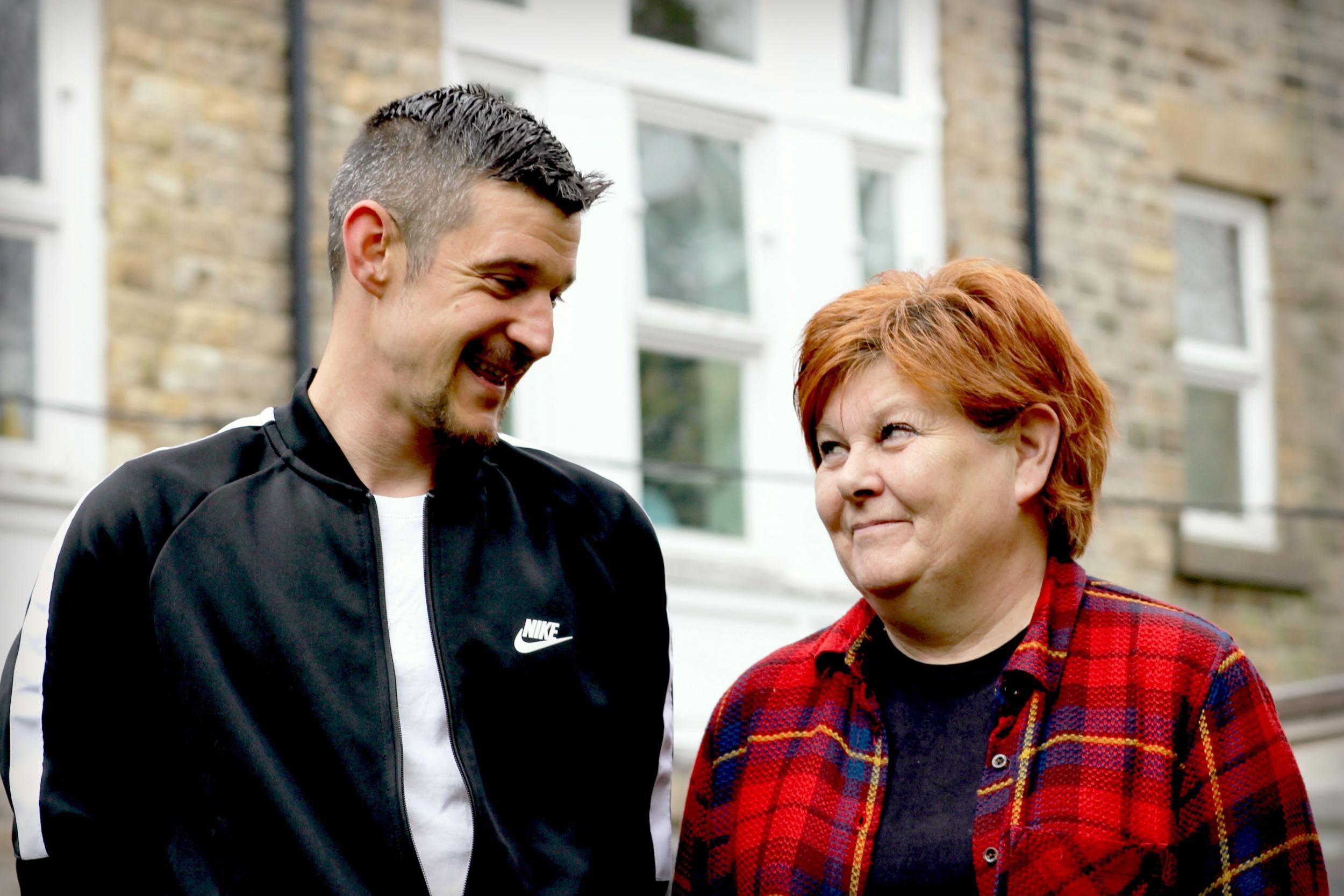Last night's TV review, Addicted Parents: Last Chance to Keep My Children (BBC2): How to win the war on drugs
Plus: Dictators and Despots: a Timewatch Guide (BBC4)

Addicted Parents: Last Chance to Keep My Children was an uncompromising and harrowing account of how drugs can destroy a family. We all know that drugs can, and do, do that, even if we’re lucky enough to be in a position where we’ve not experienced it first hand. Why dwell on it, though? Because it matters to society, and because it’s right always to want to understand more about what our fellow human beings are going through – for there but for grace of god we all go.
Having said that, there were moments when there I was, by proxy, with three strangers – dad Micky, mum Fay, both about in their mid-thirties, plus their toddler Kyle – and I felt that I ought not intrude on such private struggles against dependency and destruction. It felt almost voyeuristic. There is something about witnessing this kind of descent that inevitably makes one feel queasy.
The testimony of Micky’s parents about their two boys, both addicts, was heart-rending and graphic – “parasites have been created out of the husks of your children”. And yet there was certainly no sense that the presence of cameras made these wretched lives worse, and, as I say, everyone needs to understand the bad that drugs can do – in detail – and how difficult and expensive it is for society to attempt to fix the problem. And that’s before we get into the whole “war on drugs” thing.
The film drew us in to the lives of Micky, Fay and Kyle, and made us care about them and anxious to know what would be their fate. In the end it was Micky and Kyle who managed to stay the course at Sheffield’s Phoenix Futures Specialist Family Service. The staff there were exemplary, administering just the correct doses of love, methadone and brutal honesty to those in their care. Fay, though, found things just too much for her. The wonder is how the three of them even stayed with each other for as long as they had done. Perhaps they will be reunited, but we also know drug stories tend not to have happy endings.
Towards the end of the Third Reich, Hitler’s boffins were working on a number of technological wonders that they just missed perfecting – long-range rockets, nuclear weapons and, I believe, the extensive propaganda use of the then-new medium of television. I wonder what they would have made of today’s documentary makers and TV schedulers whose appetite, like that of the public, for footage made by and about the National Socialists is seemingly insatiable. I’m a bit surprised that someone hasn’t launched The Hitler Channel. It’d have no shortage of viewers.
There’s certainly enough material around to do so, as David Olusoga reminded us in Despots and Dictators: a Timewatch Guide. There are also quite enough reconstructions, lectures and documentaries and docudramas about the other top half-dozen supreme leaders – Julius Caesar, Benito Mussolini, Fidel Castro, Muammar Gaddafi, Robert Mugabe and Saddam Hussein – in the BBC vaults to help fill an hour of satisfying and often bizarre viewing.
In fact, though, the thing I enjoyed most about this essay on tyranny was not the all-too familiar monsters misbehaving themselves, but watching again the acuity of some remarkable historians and journalists – the likes of AJP Taylor, Charles Wheeler, Robin Day, Kate Adie, John Simpson and John Sweeney, most of them much nicer people than the various mad dogs they either met, analysed or were intimidated by.
In the BBC and ITV archives there is a substantial volume of such contemporaneous, educational and entertaining programming about history, but very little seems to turn up on iPlayer and the like. If I were the Dictator of British Television, I’d give immediate orders for all this material to be released to the public. Sadly, I’m not, so I cannot.
Join our commenting forum
Join thought-provoking conversations, follow other Independent readers and see their replies
Comments
Bookmark popover
Removed from bookmarks